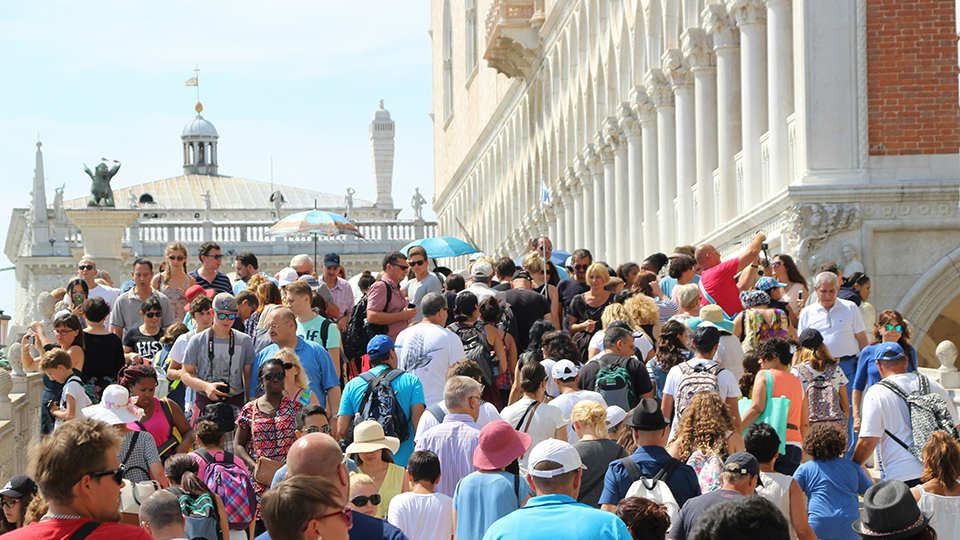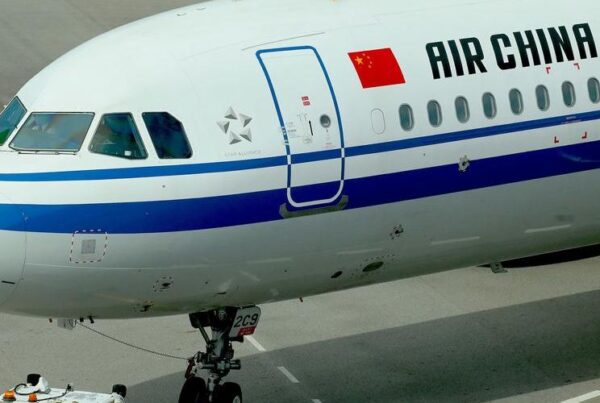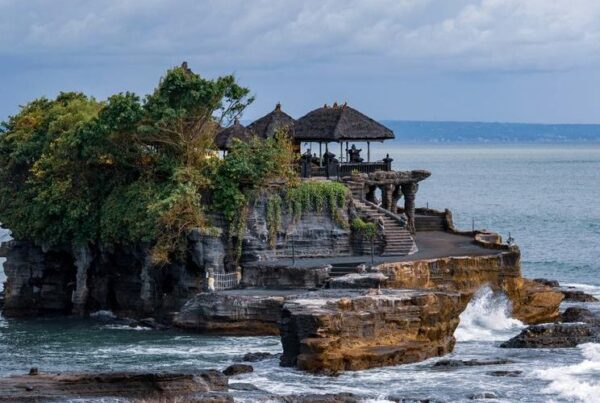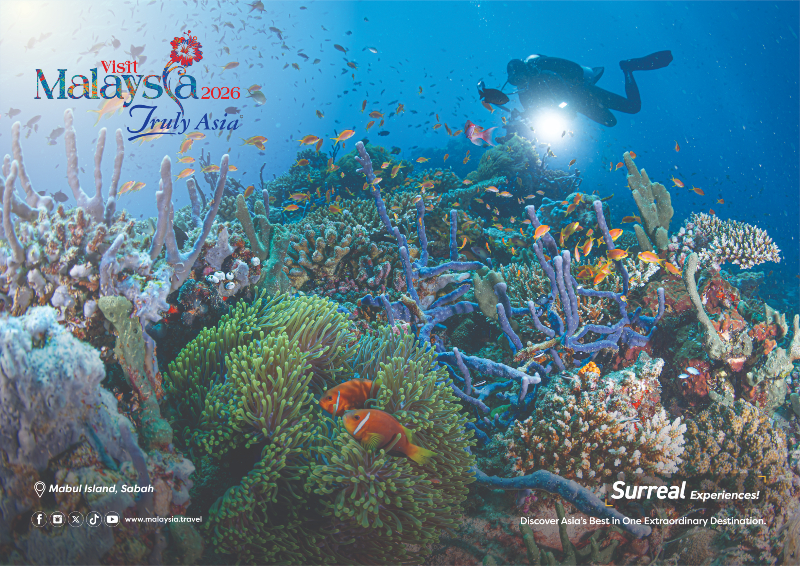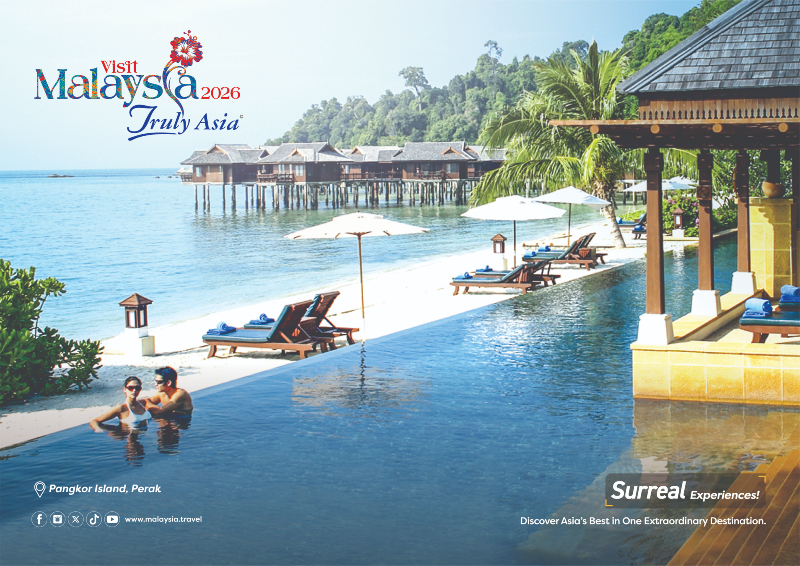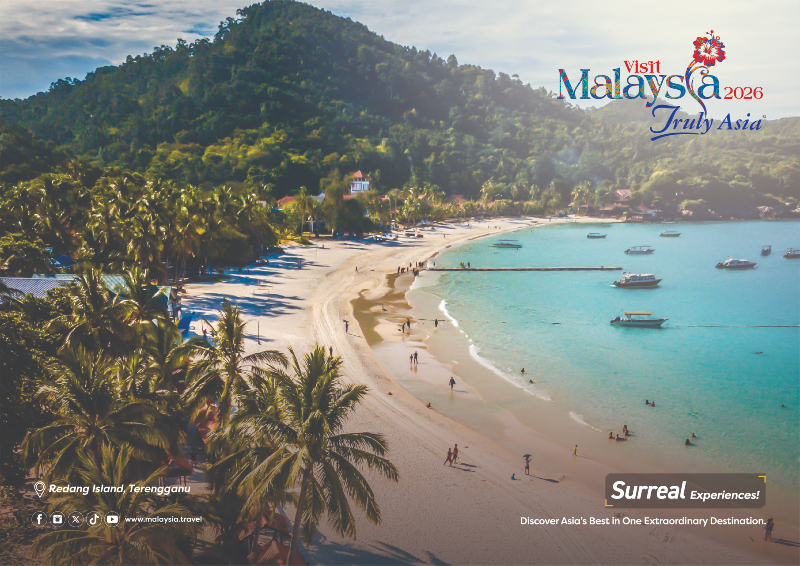Tourism leaders have gathered to tackle the issue of overtourism and sustainable travel at the World Economic Forum.
The theme of this year’s event was “Rebuilding Trust” and attracted influential dignitaries, from political elites to business leaders, to tackle the challenges facing our world.
A panel discussion concerning the tourism industry was held at the event in Switzerland under the heading “Sorry, We’re Full: Tackling Overtourism”.
The panel discussed how the industry is facing obstacles to sustainable travel, particularly as the rise in visitor numbers approaches pre-pandemic levels.
Destinations are contending with multiple challenges, such as preserving heritage sites, combating pollution and looking after their ecosystems.
Some of the solutions put forward included Investing in high-quality tourism as a viable approach to attract visitors to less well-travelled destinations.
Several key markets, such as Thailand and Malaysia, have endorsed the idea of attracting “high value” tourists to redirect demand away from hotspots.
To alleviate pressure on popular destinations, another strategy involves the promotion of lesser-known destinations, known as long-tail tourism.
Simultaneously, other regions aim to diversify tourist influx by offering niche forms of tourism unique to under-visited regions.
“We need to approach the issue of overtourism with a balanced view,” commented Ms Jane Sun, CEO of Trip.Com Group, who was part of the panel.
“Destinations can become overcrowded without proper management and the overall experience suffers. It’s imperative to find ways for supply and demand to grow sustainably.”
Beyond promoting lesser-known destinations, targeting lull periods or traditionally low travel seasons can help address overtourism during peak travel periods.
Ms Sun spoke alongside a distinguished panel of guests, including Ms Sithembile Ntombela, Acting Chief Executive Officer of Brand South Africa; Mr Stephen Cotton, General Secretary of the International Transport Workers’ Federation (ITF); and Mr Tony Fernandes, Chief Executive Officer of Capital A Berhad (AirAsia). The forum was moderated by CNN International’s anchor and correspondent Richard Quest.
“The complex challenges of overtourism demand more than quick fixes – it will not be resolved overnight,” added Ms. Sun
“However, through unwavering dedication from multiple stakeholders, we believe that every effort contributes to shaping a future where travel harmonises seamlessly with sustainable principles.
“This goes beyond a goal; it’s a powerful commitment to redefine the very essence of responsible travel.”
